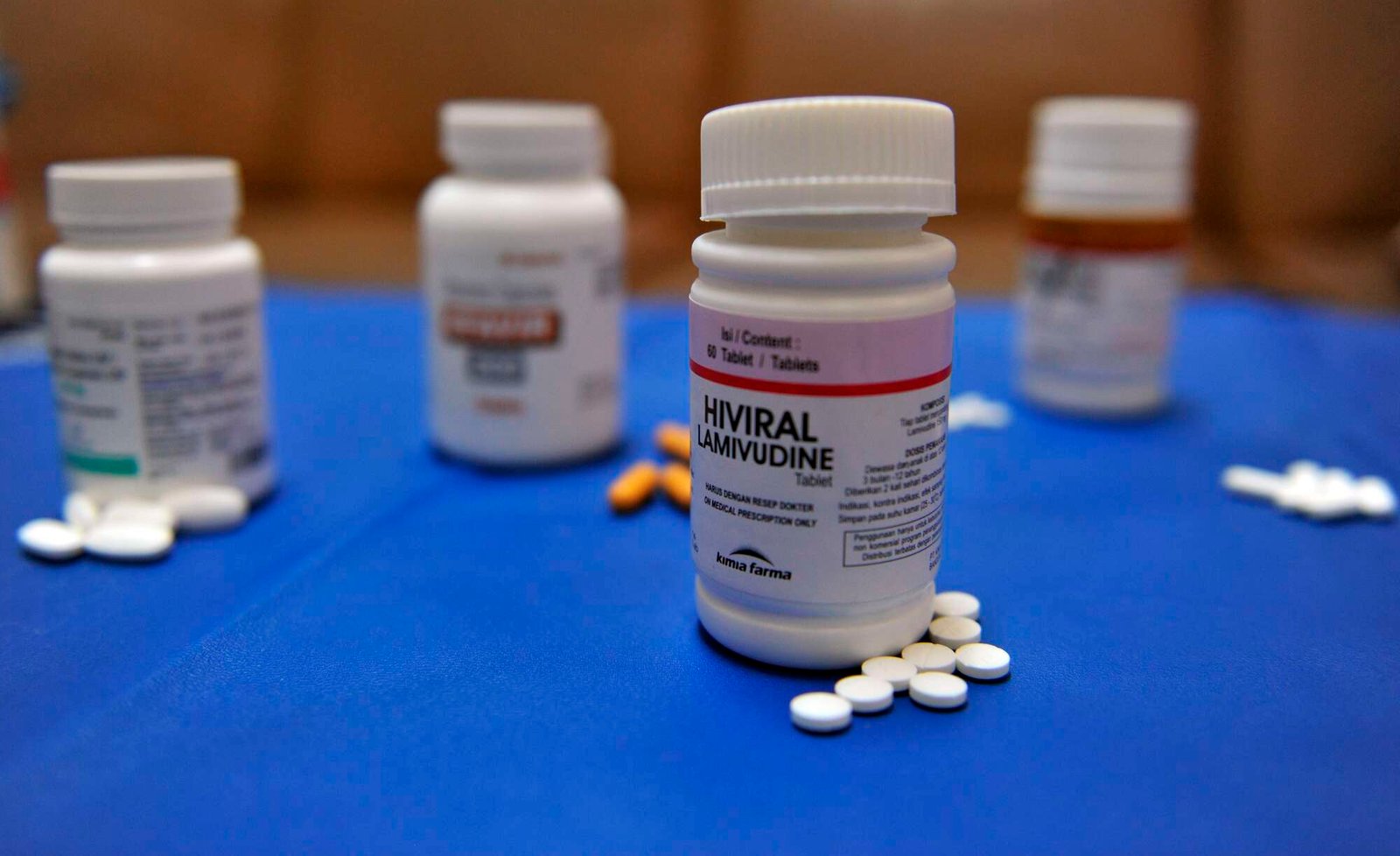[ad_1]
A top official of Uganda’s National Drug Authority (NDA) on Wednesday stunned MPs on the House Committee of HIV/Aids when he confessed that they knew of, but initially did nothing about potentially deadly abuse of antiretroviral drugs to fatten farm animals.
The legislators were dismayed that the regulator of such a sensitive docket opted to remain silent, yet the shocking practice may result in harmful, and even life-threatening, side effects to humans.
The bizarre confession was contained in a submission made by NDA Senior Inspector of Drugs Amos Atumanya who said the authority learnt about the dangerous malpractice 10 years ago and conducted an investigation in 2014 to verify the claims.
“In 2013, the NDA received reports of the misuse of ARVs in pigs and chicken through the pharmacovigilance system,” Atumanya said.
Read (from the Archives): ARVs access, complacency to blame for rising Aids prevalence in Uganda
“Unlike the media reports that focused on fattening pigs, we found out that ARVs were mainly used to treat African Swine Fever, also known as pig Ebola. The disease currently has no remedy. In addition, there were reports of the use of ARVs against New Castle Disease in chicken,” he added.
House Committee members were left almost speechless when Atumanya indicated that NDA did not come out on the issue for fear that this would have an adverse effect on the country’s economy.
“We have known about them and we are trying to do something about it. But there are some concerns that if we blow it out of proportion, what does it mean for the economy if you are going to export food? So, we are trying to find means in which to manage that situation,” he said.
“It is in that context that you find that whereas we have known about that issue for some time, we are taking some measures without necessarily having to alarm the whole country,” he added.
The NDA leadership had appeared to respond to information that was last Wednesday submitted to MPs by researchers from Makerere University College of Health Sciences.
The researchers revealed that their scientific inquiries had confirmed the presence of antiretroviral therapy medicines in farm chicken consumed in Uganda.
“There were traces of efavirenz in chicken tissue and chicken feed samples in Wakiso District hence potential exposure [of humans] to sub-therapeutic concentrations of the Antiretroviral Therapy (ART) medicines,” the researchers’ reported.
Read: Uganda, Tanzania lead region in use of ART
“The community is aware of the misuses of ART commodities in farm animals. This requires urgent mitigation strategies to control misuse of these essential commodities in HIV/Aids treatment.”
Efavirenz is a powerful anti-HIV drug that is taken in combination with other antiretroviral drugs. It works by decreasing the amount of HIV in human blood.
Also contained in the information before the committee, the Makerere University scientists reported that “the main reason for ARV usage in farm chicken is mainly economic; quick profit gains arising from anticipated early growth and fattening of chicken.”
Finer details before the same committee show that the farmers and/or other abusers of the ARV medicines are irregularly acquiring them from public health facilities and some persons living with HIV/Aids. It was reported that some individuals allegedly engage in multiple registration of persons living with HIV/Aids at health facilities which creates room for double access to the ordinarily heavily restricted medicines.
Terego West representative Joel Leku joined Polycarp Ogwari of Agule County in bitterly criticising NDA for concealing such disturbing information for a decade.
“It is a disappointment when you discovered early enough that we are here discussing the same thing. We believe you should have informed the country. The country should have been aware of this and of people who misuse drugs. I think we are on the wrong way. To be honest, it is countrywide; it isn’t only one region, these drugs are used in animals,” Ogwari said.
Deadly side effects
MPs were left even more alarmed when Atumanya revealed that consumption of chicken fattened using ARVs may not only make HIV/Aids negative persons resistant to the life-saving medicine — in the event that they contract the virus — but could also lead to hypertension, which is itself a life-threatening heart condition.
Read: Once feared HIV drug gets WHO nod
“Misuse of antiretroviral drugs might contribute to the development of resistant viral strains in ART negative persons due to exposure to suboptimal doses of ARVs in food,” Atumanya said.
“Use of ARVs in animals may lead to the unintended consumption of these drugs which may have unforeseen health consequences for humans such as adverse drug reactions including hypersensitivity,” he further said.
He also indicated that this could compromise the government’s dedicated and well-documented efforts to combat the spread of the deadly disease in Uganda.
“ARVs are expensive and vital for treating individuals with HIV/Aids. Their diversion from human use could negatively impact public health efforts to curb HIV/Aids as it denies other patients access to these life-saving drugs,” Atumanya said.
Although, the possibility was not raised in the committee yesterday, the revelations will probably call for the need to verify whether perennial ARV drug stock-outs countrywide could partly be linked to the theft and diversion of the medicines for such mercenary purposes.
What is being done?
Based on the information that the government has so far gathered, Atumanya indicated they are now carrying out sensitisation campaigns about the dangers of using ARVs in poultry and other farmed animals.
“As a result of these findings, NDA subsequently instituted sensitisation programmes targeting both the public and farmers. Farmers and veterinary professionals were engaged at the sub-county level while the public was [engaged] through radio and TV talk shows,” Mr Atumanya said.
The official said that “through her market surveillance and enforcement system, NDA conducted enforcement activities in different parts of the country to curb the unauthorised possession and use of drugs, including ARVs.”
[ad_2]
Source link



